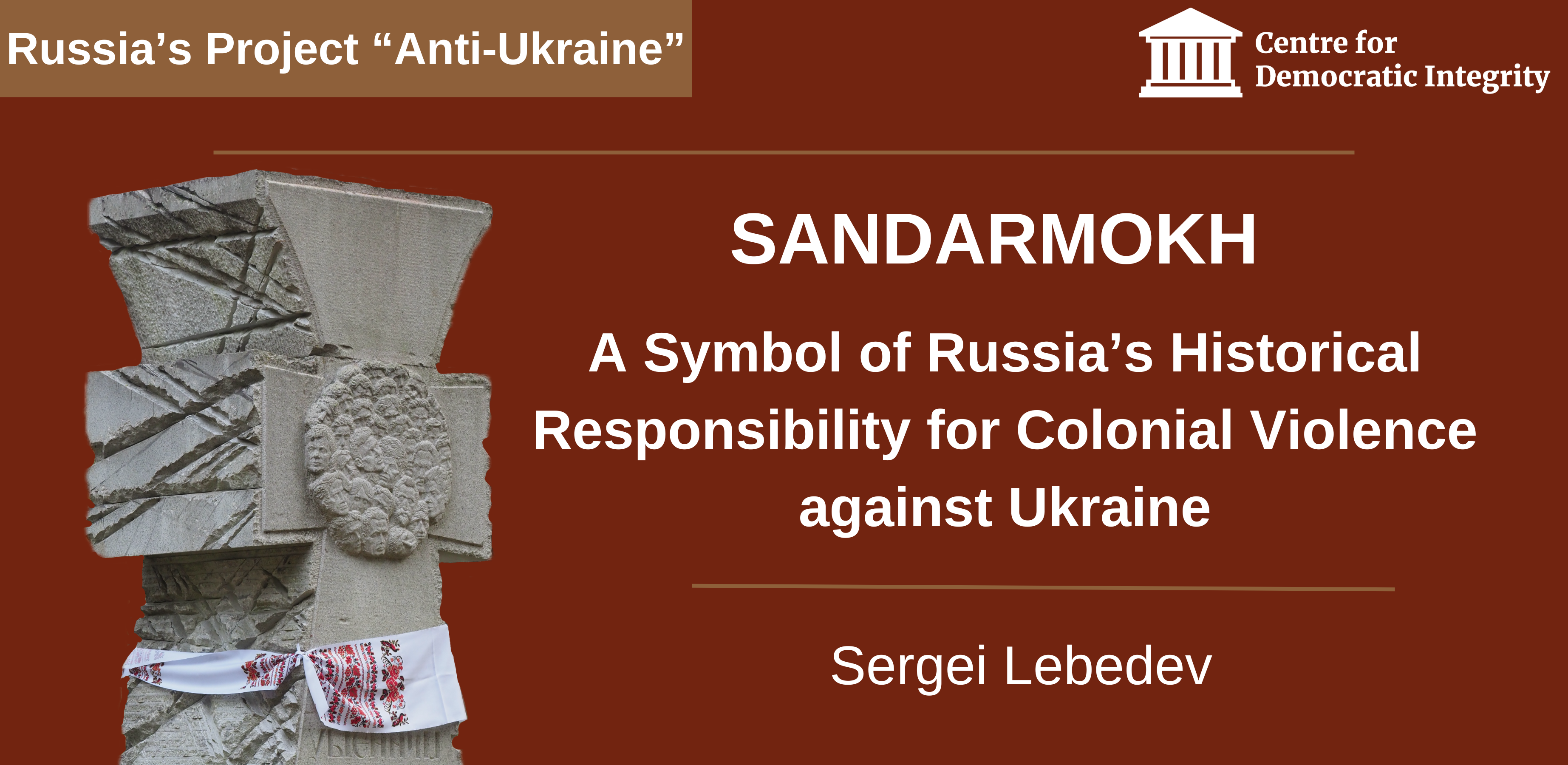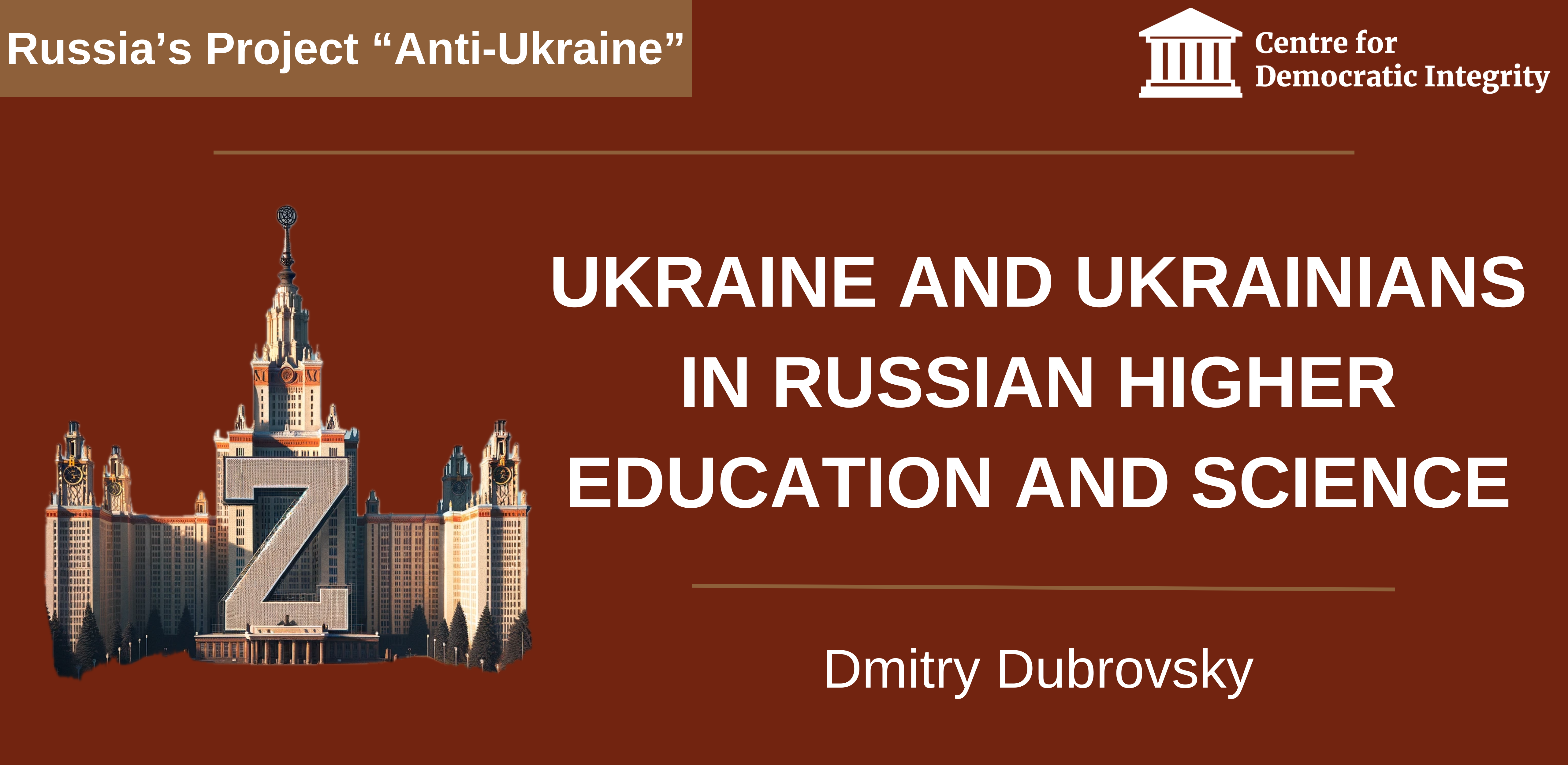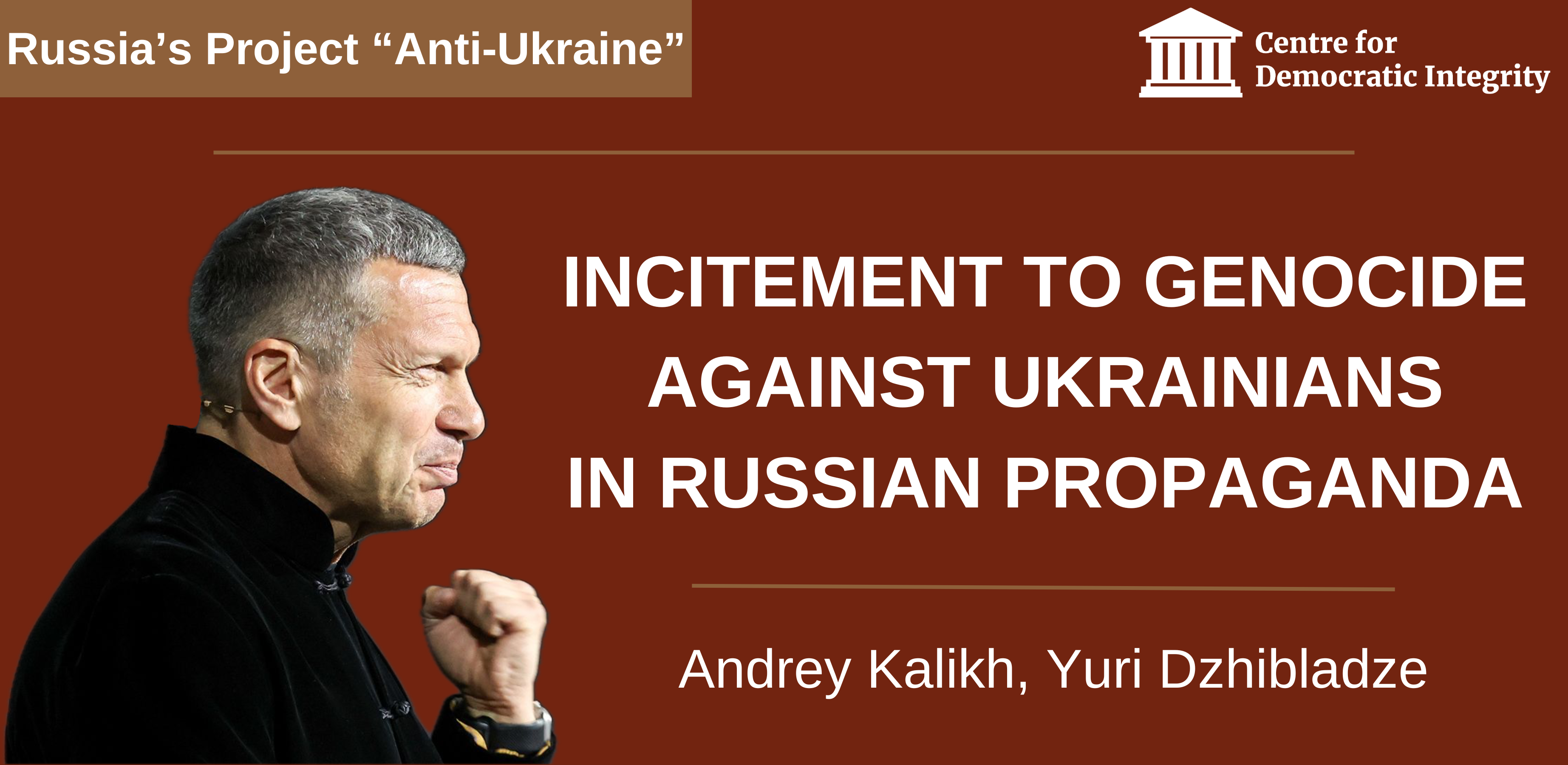Russia’s Project “Anti-Ukraine”
The Russian political establishment and some observers abroad assert that Russia’s invasion of Ukraine was allegedly prompted by Moscow’s national security concerns over the enlargement of the North Atlantic Treaty Organisation’s (NATO).
In February-March 2014, when Russia invaded the Crimean Peninsula and parts of the Donbass, Ukraine was a neutral country. Having declared itself a non-aligned state after breaking away from the Soviet Union in 1991, Ukraine further solidified this position in 2010 through a law confirming its non-aligned status.
Despite Ukraine’s neutral stance, it was not spared from Russian invasion. Such actions by Russia violated various international accords, including the United Nations Charter, the Helsinki Final Act (1975), the Budapest Memorandum (1994), and a range of bilateral agreements with Ukraine. Notably, in the 1997 Treaty on Friendship, Cooperation and Partnership, Russia committed to respecting Ukraine’s territorial integrity. Nevertheless, Russia took advantage of Ukraine’s non-NATO status and initiated a war unseen in Europe since World War II.

But Moscow’s charges against NATO are not merely a lie – they also divert attention from Russia’s most evident objective: the destruction of the Ukrainian state and eradication of the Ukrainian national identity. Especially since February 2022, Russia’s war against Ukraine appears to be driven by anti-Ukrainian sentiments, or Ukrainophobia, that are an intrinsic part of Russian chauvinistic imperialism.
The Centre for Democratic Integrity defines Ukrainophobia as an ideological framework encompassing a set of views, including stereotypes, prejudices, and beliefs, as well as public statements and actions that reflect negative attitudes towards Ukrainian people, Ukrainian culture, the Ukrainian state, and individuals identifying themselves as Ukrainians.
In many respects, Ukrainophobia seems to epitomise Russia’s present-day chauvinistic imperialism, and given the nation’s escalating efforts towards the eliminationist goals, Russia has turned into a Project “Anti-Ukraine”. To shed light on these developments, the Centre for Democratic Integrity has commissioned a multi-author study to investigate the different facets of anti-Ukrainian sentiments in modern-day Russia.
For those interested in supporting our work, please reach out to us.
Chapters








